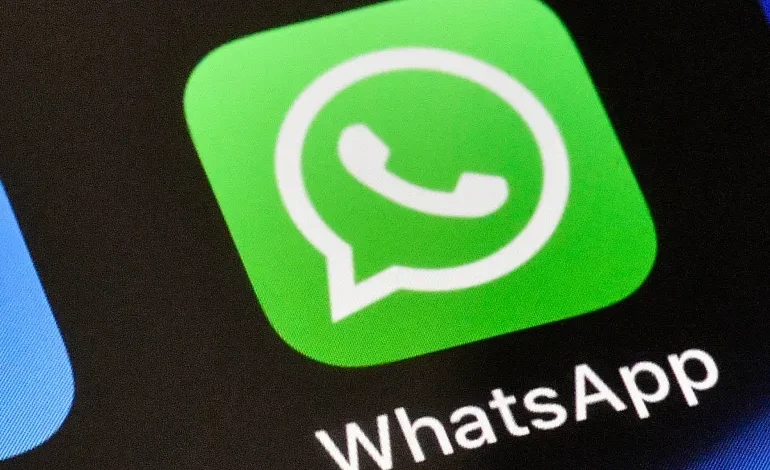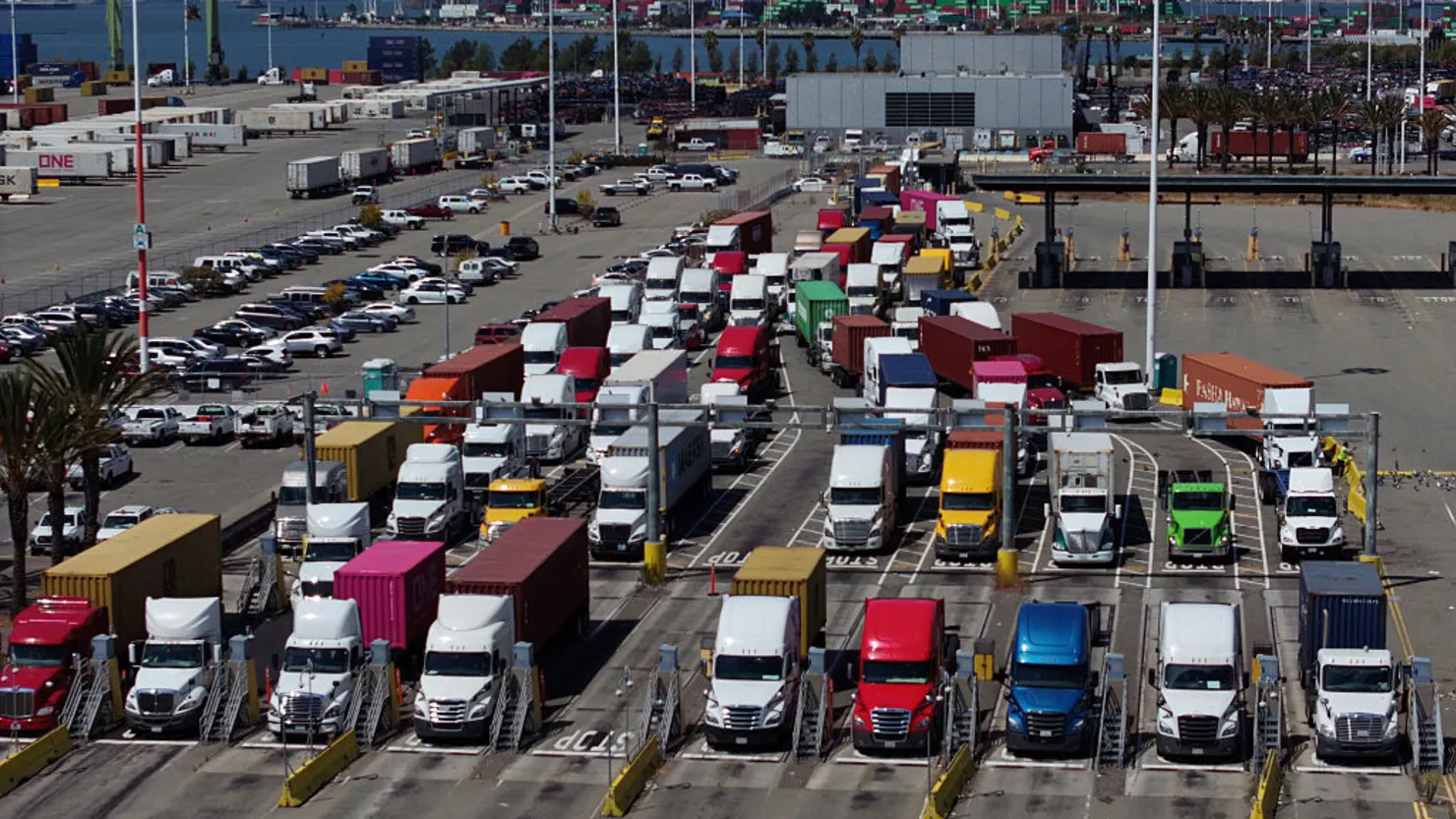Meta Warns Iran May Use ‘False Claims’ to Block WhatsApp Amid Espionage Allegations

U.S. tech company Meta has voiced concern that Iran may move to block WhatsApp following state media allegations that the messaging app is being used by Israel for surveillance.
In a statement issued Tuesday, Meta—parent company of WhatsApp, Facebook, and Instagram—rejected the accusations and defended the platform’s security protocols.
“We’re concerned these false reports will be an excuse for our services to be blocked at a time when people need them the most,” the company said. “All of the messages you send to family and friends on WhatsApp are end-to-end encrypted, meaning no one except the sender and recipient has access to those messages—not even WhatsApp.”
The statement came in response to a report by the Islamic Republic News Agency (IRNA), which urged Iranians to deactivate or delete WhatsApp accounts, claiming the “Zionist regime is using citizens’ information to harm us.”
In a segment shared by Iraqi media outlet Rudaw, an IRNA host warned, “They are using the information on your phone, your location and the content you share, which is likely private but still accessible… Some of your contacts could be nuclear scientists or beloved figures—don’t forget.”
Meta categorically denied the allegations, stating that it does not monitor users’ precise locations or maintain communication logs.
“We do not provide bulk information to any government,” Meta added. “For over a decade, Meta has published consistent transparency reports that detail the limited circumstances under which WhatsApp user information has been requested by authorities.”
While WhatsApp’s end-to-end encryption makes it technically impossible for third parties to read message content, the company—like many tech platforms—does retain some metadata, including contact and device information. That data can be shared with authorities under specific legal requests.
This is not the first time Iranian authorities have taken aim at Meta’s services. In September 2022, both WhatsApp and Instagram were banned amid mass protests over the death of 22-year-old Mahsa Amini while in police custody. The restrictions were later lifted two months afterward, following pledges by President Masoud Pezeshkian to improve digital freedom and access.
With input from Al Jazeera.









The latest news in your social feeds
Subscribe to our social media platforms to stay tuned